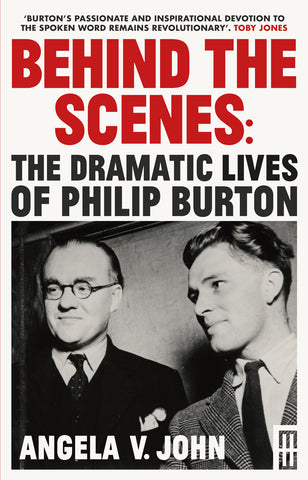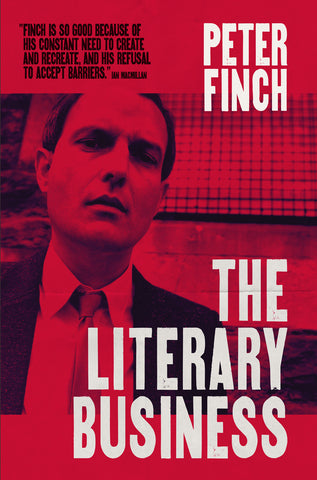'Adref, adref, am y cyntaf', Hwch ddu gwta a gipio'r ola’.
(Home, home, at once, The tailess black sow shall snatch the last [one].)'
Celtic traditions and folklore in Wales date back centuries.
In pre-Christian times, the Gaelic festival of Samhain, celebrating the end of harvest and beginning of Winter would have taken place across Wales in the form of Calan Gaeaf. This would happen about midway between the autumn equinox and the winter solstice, on a date that we now recognise as Halloween.
Still called Calan Gaeaf (first day of Winter) in the Welsh language, this evening of celebration would also have involved the macabre ritual of the Hwch Ddu (Black Sow), in which a man draped in cloth or animal hide would rise up, supposedly from the dwindling fire embers, and chase the village children home.
According to scholar Dr Juliette Wood, this bizarre ritual 'has its roots in beliefs about the souls of the dead, people and animals, but on a practical level it was probably just a fun and effective way of getting children to bed, and teaching them about the dangers of straying from the group,' - [Juliette Wood, BBC News]
With Halloween just gone, I started thinking about this old Welsh tradition, and it’s similarities to the age-old Christmas/New Year tradition of the Mari Lwyd.
The Mari Lwyd is a wassailing folk custom which was popular in south Wales throughout the Nineteenth and Twentieth Centuries. The tradition can still be observed in certain parts of the country, (notably Llantrisant, where it has been recently revived) over the Christmas period. The ritual involves the use of an eponymous hobby horse, which was traditionally made from a real horse’s skull, mounted on a pole and hidden under a sackcloth. You can read more about it here. I was absolutely thrilled last year when my poem ‘The Grey Mare,’ depicting the old Celtic ritual of ‘Y Mari Lwyd,’ won the Seren Christmas Poetry Competition.
I was absolutely thrilled last year when my poem ‘The Grey Mare,’ depicting the old Celtic ritual of ‘Y Mari Lwyd,’ won the Seren Christmas Poetry Competition.
My poem was inspired by the circumstances and Pagan thinking which surround the custom of the Mari Lwyd. In it the narrator digs through the larder cupboard of her childhood home, rummaging through items which revive memories of her parents, and eventually stumbles across the old hobby horse, ‘gormless and huge,’ with which her father would perform. You can read it in my debut poetry collection, Salacia, available from Parthian now. (Excuse the shameless plug!)
Similarly to Calan Gaeaf, marking the change in seasons, Mid-winter is a time of death and rebirth, a point in which the days begin to get longer and lighter. Evergreens like holly and ivy are a feature of the season because of this, and in Wales, each year a dead horse is mysteriously revived….
The most recent issue of The Ghastling featured a fantastic story by Alys Hobbs inspired by this very tradition, titled 'In We Come.'
'In Alys Hobbs’ IN WE COME, it’s adults who roam the streets disguised – a troupe of actors, to be exact, searching for an audience for their folk play. “Make room, for in we come! We’ve come a-mumming, three-two-one!” However, this troupe’s antics seem to go beyond mere performance, and it may not just be money or food that they’re looking for in exchange.' [The Ghastling]
The custom marks the passing of the darkest days of midwinter, traditionally believed to be a time in which the veil between this world and the ‘otherworld’ is at its thinnest.
Wales, the land of song, has a long history of story-telling and poetry, with one of the earliest literary traditions in Northern Europe, stretching back to the days of Aneirin and Taliesin, as well as the oldest recorded literary work by a women in northern Europe. In a way, the stories we tell, from the well-known tales of the Mabinogi to all forms of contemporary poetry, plays and novels, are a shattering of a veil in themselves. Creative writing in all its forms transcends reality, displacing both writer and reader, opening the door to a new world, an otherworld, in which anything can happen.
Perhaps words, and poetry, have always been ingrained in our blood, only a shy step removed from our deep-rooted ancestral desire to revive the dead, again and again...



